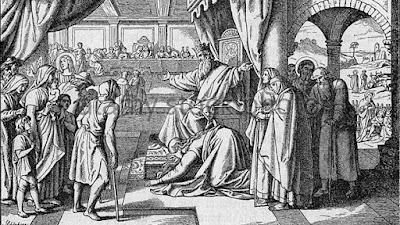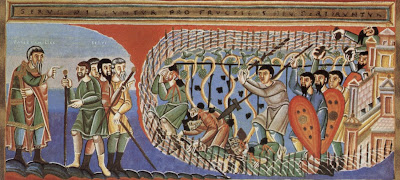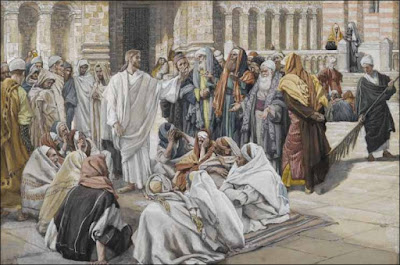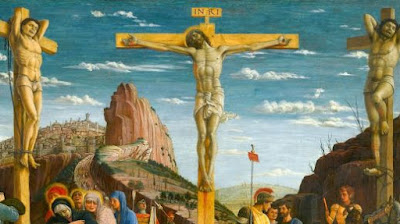Homily for the Twenty-Eighth Sunday in Ordinary Time, October 11, 2020, Year A
Fr. Charles Irvin Diocese of Lansing ( Click here for Sunday’s readings ) For a moment I would like you to imagine yourself at a party, maybe a party that you have been to, or one that you have given for friends and acquaintances. Let’s say it’s a costume party and people are there with altered ways of seeing each other. Everyone has a fresh start and a new beginning at being different persons. Past histories are forgotten. The guests present themselves, and are seen by others, as new persons. Everyone at the party is having a wonderful time, chatting, laughing, enjoying each other, and sharing the happiness of a really good time. But then you notice someone over in the corner, all alone and sulking… miserable in his isolation and loneliness. You go over and try to talk with him but all you get for your trouble are a few grunts and a sour look. The more you try to break through his isolation the more you discover that he is disgusted with people who have a good time and re





